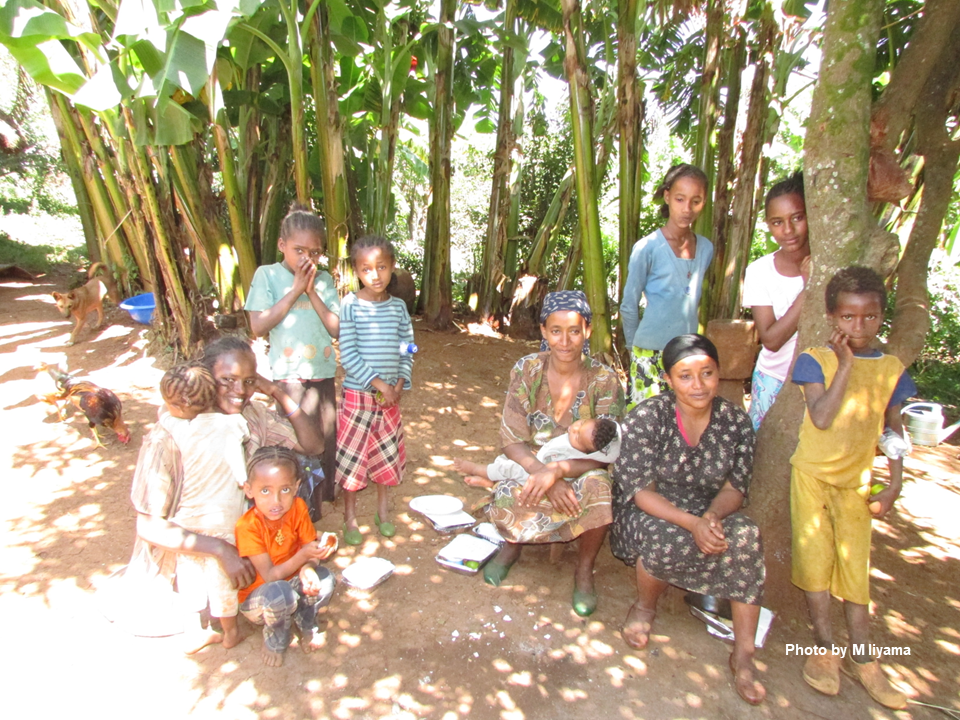Pick Up
847. Climate Change and Children's Rights

847. Climate Change and Children's Rights
Climate change also harms vulnerable segments of society that are not involved in greenhouse gas emissions and lack sufficient adaptive capacity. The problem is that the effects of climate change will be disproportionately felt not only between different regions or social classes, but also between generations.
In particular, climate change threatens the health, nutrition, education, and future prospects for development and survival of children and young people. Compared to adults, children require more food and water relative to their body weight, are less immune to extreme weather, are more vulnerable to toxic substances and temperature changes, and are more susceptible to disease. The United Nations Children's Fund (UNICEF) estimates that nearly one billion children around the world face multiple climate and environmental crises, with increased vulnerability due to inadequate access to basic necessities such as clean water, sanitation, health care and education. Current and future generations of children face an uncertain future as the current growth model based on economic development and environmental exploitation becomes unsustainable.
On August 28, the United Nations called on Member States to urgently address climate change, biodiversity loss and widespread environmental pollution, as well as the need to ensure children's right to live in a clean, healthy and sustainable environment.
Stating that all countries have an obligation to guarantee children's rights, the UN Child Rights Committee called for urgent action to protect children from floods, droughts, storms and heat waves caused by environmental degradation and climate change, to move away from fossil fuels and towards renewable energy, to eliminate air pollution, to ensure access to clean water and to conserve biodiversity. The report also called for urgent action by the United States to protect the environment and natural resources. They also stressed the need to include children's views in environmental decision-making and the importance of environmental education.
Contributor: IIYAMA Miyuki (Information Program)
